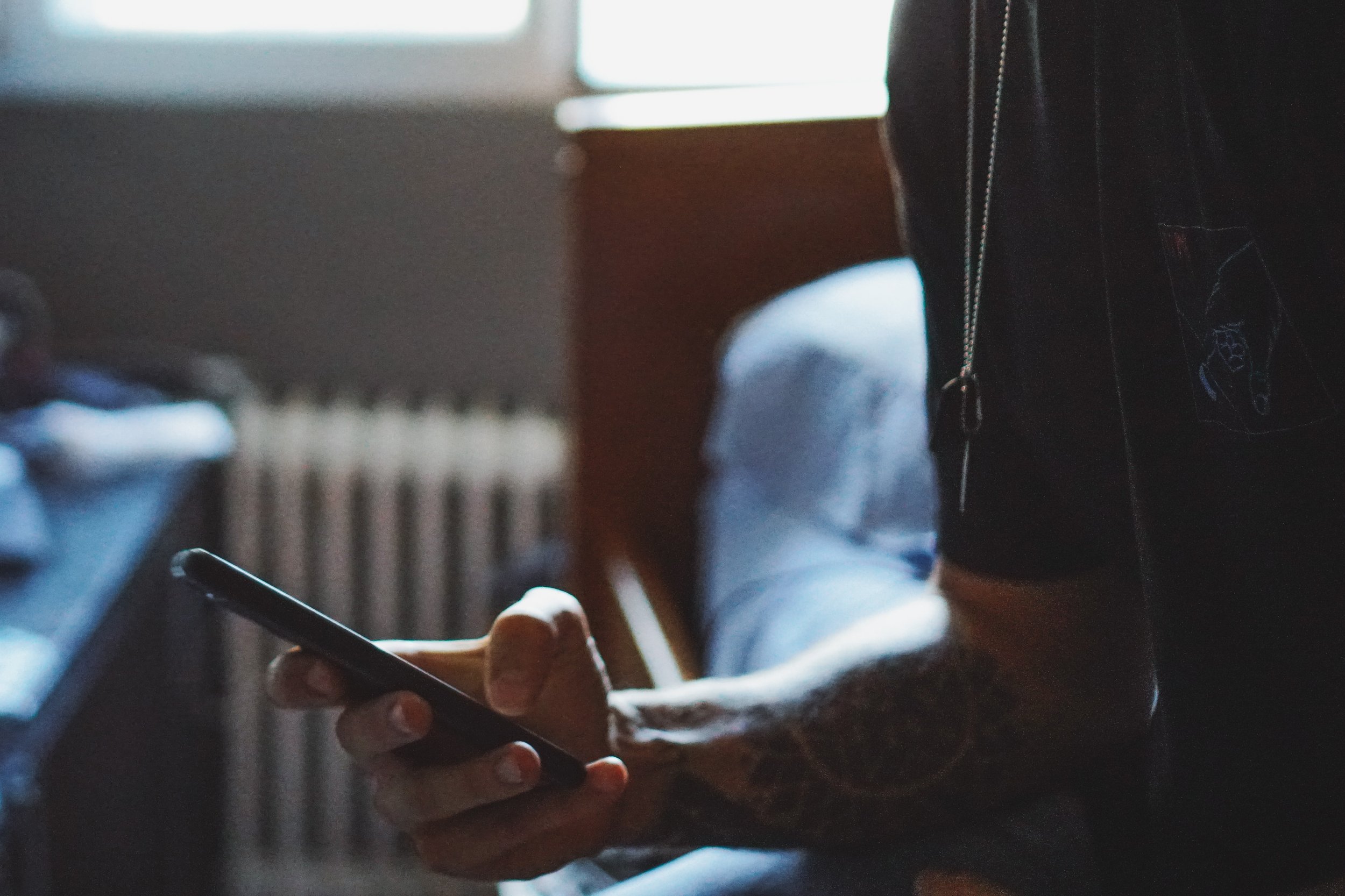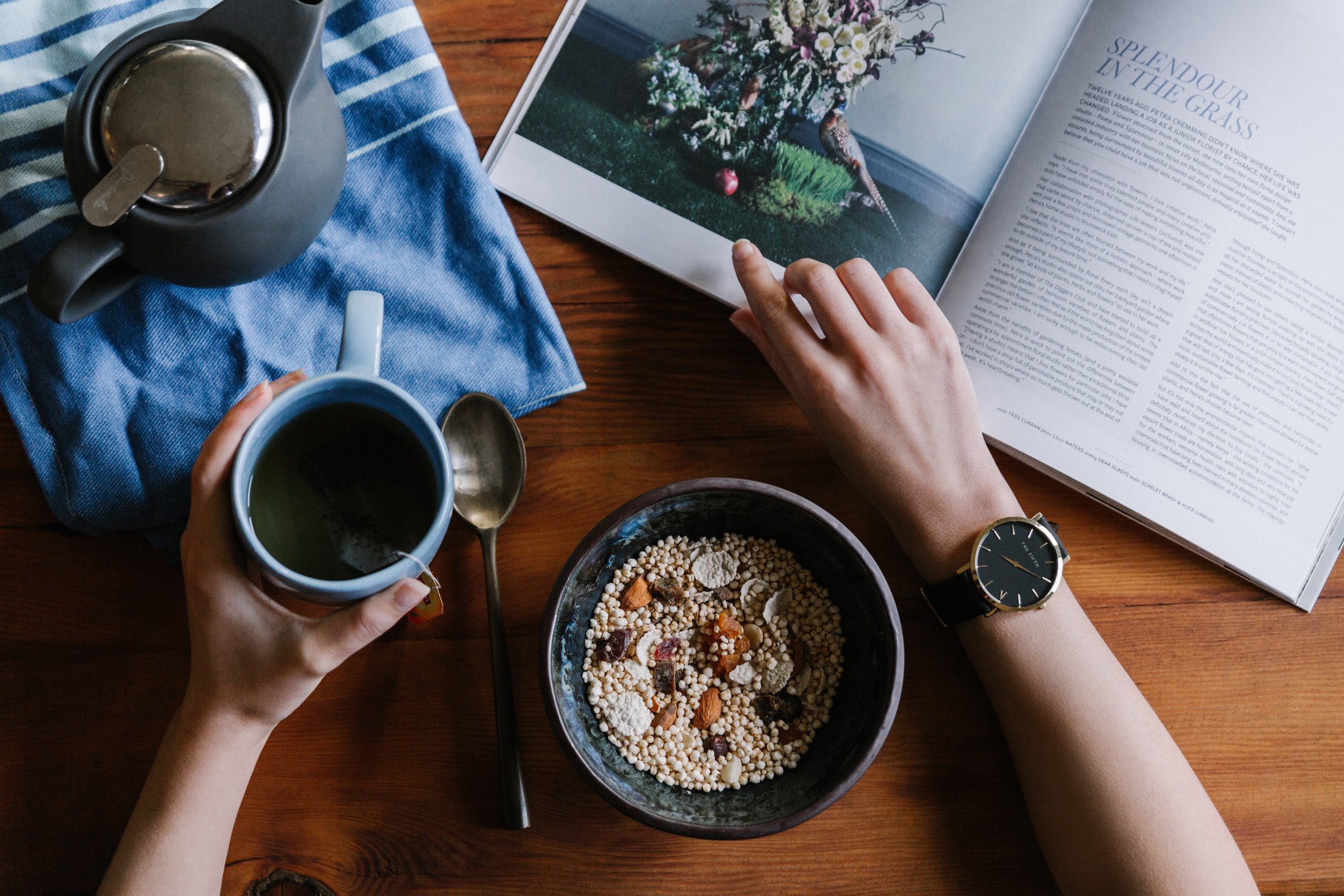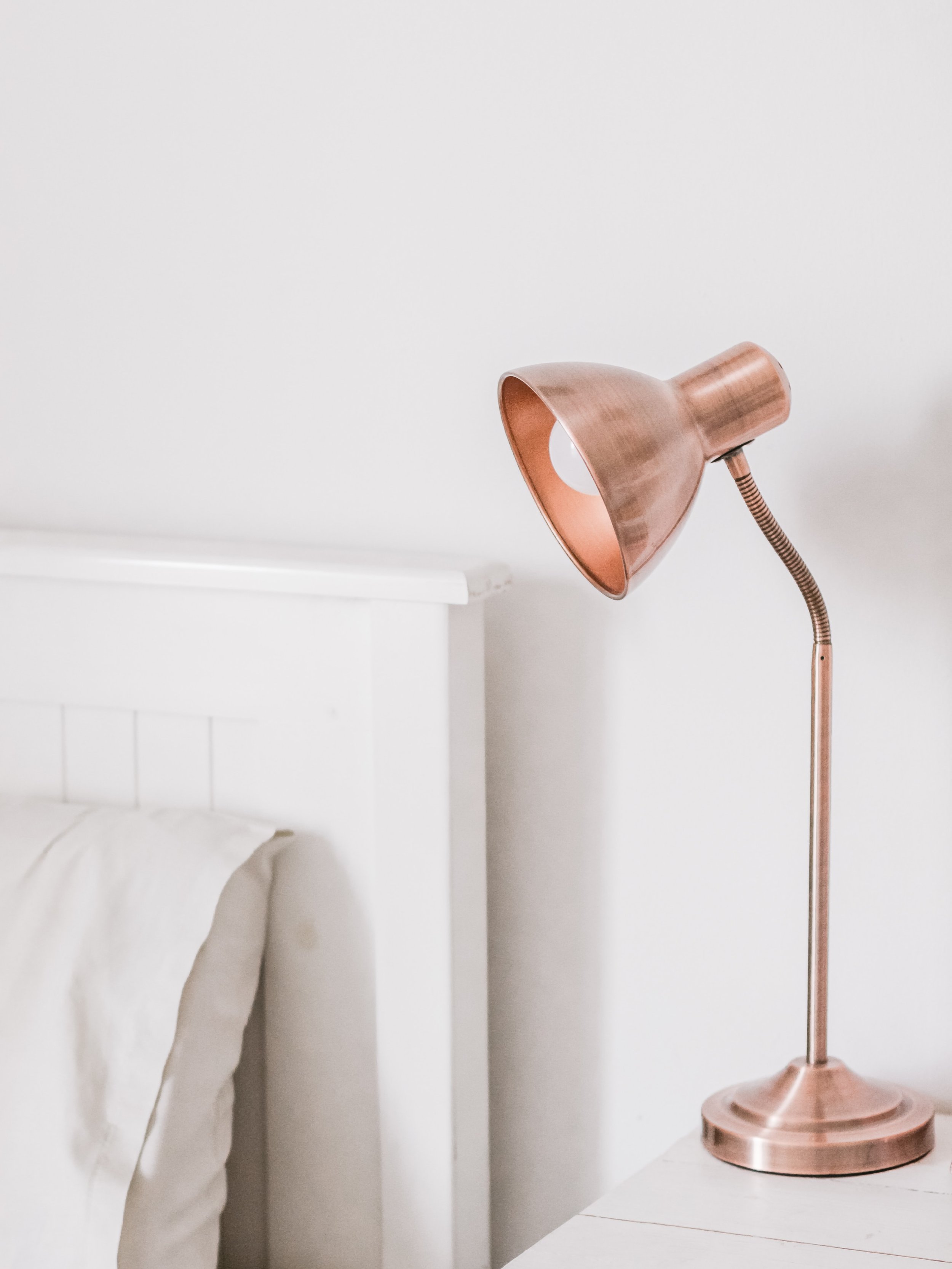4 Tips for Surviving Daylight Savings
Updated 10/2023
4 Tips for Surviving Daylight Savings
“Fall back, Spring forward”… but what does this really mean for us? Why is it that 1 hour can mess up our whole rhythm? Our bodies are used to routine, but there are ways to help us adjust to changes. How should we prepare for the time change and the decreased sunlight up ahead?
When the clock strikes 2am on November 6th, 2022 our clocks go back an hour, meaning we get an extra hour of sleeping in. You may wake up at your normal time anyway. You may wake up extra refreshed! Or, you could wake up feeling behind and a little off. If you usually fall into that last category, these tips are extra helpful for you.
1.Sunlight in the Daytime and Soft Light in the Nighttime
I’m going to say the advice that’s probably the most difficult to hear- put your phone away before bed! Phones, laptops, and televisions all contain blue light, which our brains process as daylight. This prevents the natural creation of melatonin in the brain- aka the hormone that helps initiate our circadian rhythm. Turning off devices 1-2 hours before bed helps our brains to detach from the productivity of sunlight.
If you absolutely cannot live without your device before bed, consider wearing blue-light blocking glasses.
During the day, enrich your brain with natural sunlight. This will help you accomplish the tasks you need to get done, and be tired enough to sleep come nighttime.
2. Change Your Wakeup Time and Bedtime
Our bodies react naturally to sunlight. Since the hours of sun exposure change in the fall and winter, you may find yourself feeling less productive when surrounded by all the darkness. That’s ok! Do not blame yourself! Instead, consider falling asleep earlier when it is dark outside, and wake up at sunrise to give your brain maximum energy and zest for the day!
Also, check out these amazing Sunrise Alarm clocks, which support mimicking the sunrise to support you waking up naturally even on the darker days. It also comes with sound soothing capabilities.
3. Supplements
Luckily there are over-the-counter options to help induce sleep. You can get melatonin pills (or my favorite- gummies) to help you fall asleep in about 30 minutes. This is especially helpful if you are traveling and need to adjust to a new bedtime suddenly. This is non-habit forming and safe for regular use.
B6 is also known for for aiding in a natural circadian rhythm. This is equally helpful for waking up or going to sleep, depending on which area you struggle with more.
Ashwaganda is natural supplement that benefits the waking up process. It helps with energy and stress-reduction. While it is low-risk for side effects, do note that it is a nightshade and so you may opt out of this one depending on your dietary needs.
4. Planning Ahead- Preventing S.A.D. (Seasonal Affect Disorder)
Some of us are greatly affected by the shorter days, foggy skies, and overall lack of light. If you feel sadness or depression during the colder months, you may have Seasonal Affect Disorder.
There are lamps specifically designed for SAD which emulate real sunlight. Consider switching out your desk light for one of these lamps.
You can also take vitamin D pills to compensate the lack of natural vitamin D in the winter. B12 and Folic Acid also help with energy stabilization.
If you have prologued depression or high-risk thoughts, consider talking to your doctor or therapist about medications and practices that will best benefit you.
Originally published October 2022.





